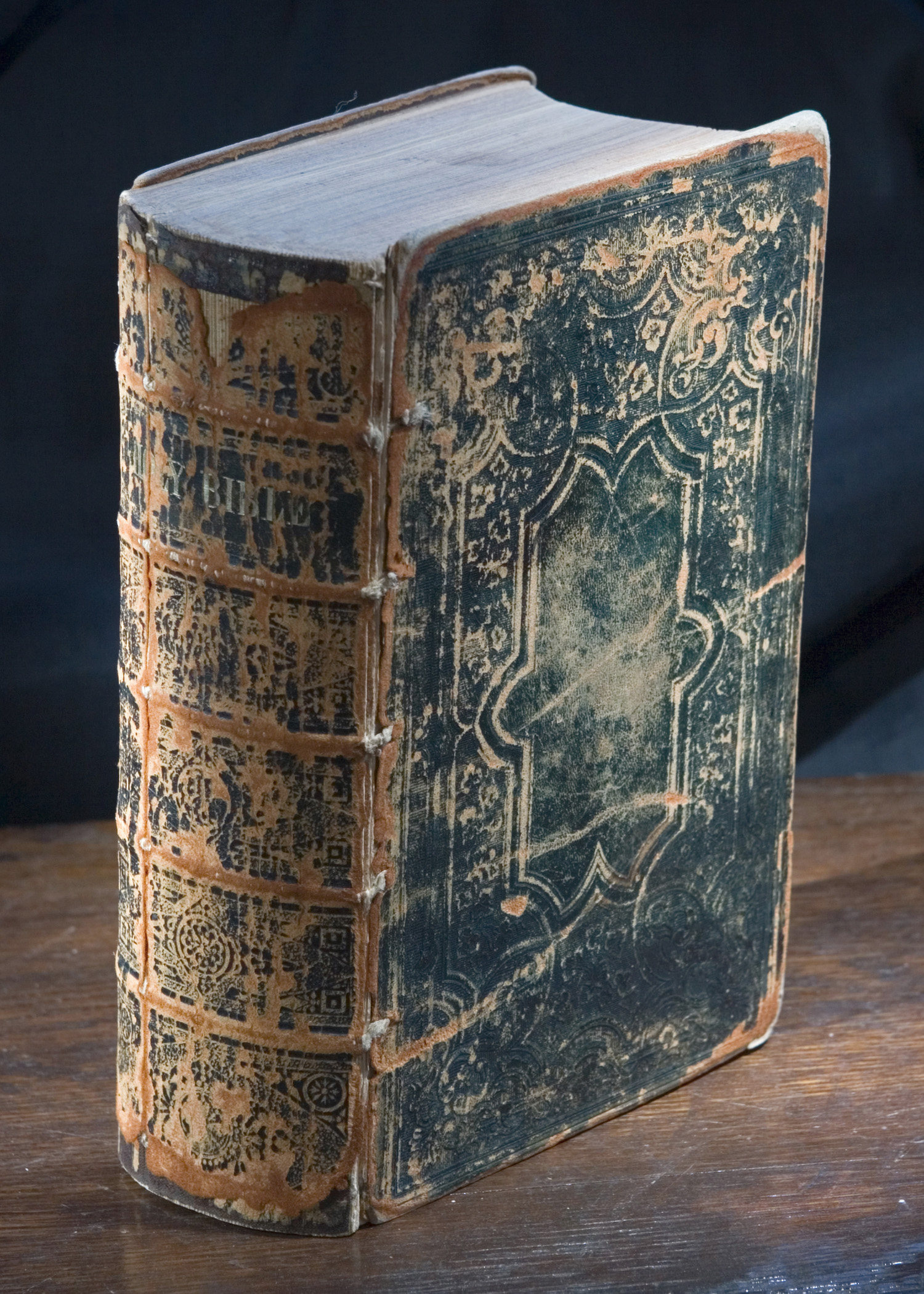There is a theme that runs through the NT, and it is particularly seen in a careful study of the Gospels, and that is the theme of righteousness and sonship. We see it as Jesus cries out, “Father” implying that He is the Son, but, it might be that that connection is in no other place made more clearly than right here at the place of the declaration of this centurion. For you see, both Matthew and Mark tells us that when the centurion saw these things he declared, “Truly this was the Son of God!” (Matt. 27:54; Mk. 15:39).
That is, to declare that Jesus is innocent or righteous—which again, we need to remember, is justification language...this is the word dikaos—is to declare Him to be the Son of God. Another place that we can see this connection is at Jesus' baptism when the Father declared from heaven: “You are My beloved Son; with You I am well pleased.” (Lk. 3:22)—that again, is the pairing of righteousness and sonship.
This connection between righteousness and sonship is further tied to that theme found throughout the Scriptures that to obey is better than sacrifice (1 Sam. 15:22; cf. Heb. 10:5-10). You see, God delights in obedience to His will. When He created Adam as His Son (Lk. 3:38), He delighted in him as long as he was obedient to Him. Thus, sometimes we refer to the Covenant of Works as the Covenant of Sonship. But Sonship and the demand for obedience are not mutually exclusive...rather they are necessitated by each other.
And now that mankind has fallen into sin, God is still looking for positive, active obedience, as well as the sin-necessitated, passive obedience of sacrifice. And therefore, He sent His Son—the righteous One—to live and die in the place of His people, so that they too might take part in this sonship again—that is, that they too might now receive that adopted status of “children of God”. Because, that status is entirely tied to innocence and righteousness.
Now, why this is important to us is because our salvation—in the full scope and picture of it— depends upon the obedience of Jesus Christ as well as His sin-bearing. You see Adam was to inherit eternal life by His filial or sonship obedience. That is, he would confirm himself and his posterity in the glorious state of unlosable sonship if he would image his Father—simply be who he was. Because, in God's economy, inheritance is based upon sonship, and sonship is based upon resemblance. Therefore, it is the righteousness of Jesus Christ—His innocence—that gives us the right to our heavenly reward—eternal life—and the title of sonship.
I was asked by some folks after the service about where they could go to find more on this connection. I turned one young man to John L. Girardeau's Discussions on Theological Topics and the final chapter entitled "The Doctrine of Adoption". But then, look what I found in Calvin's Of The Necessity of Reforming The Church Book II:
First, we maintain, that of what description soever any man's works may be, he is regarded as righteous before God, simply on the footing of gratuitous mercy; because God, without any respect to works, freely adopts him in Christ, by imputing the righteousness of Christ to him, as if it were his own. This we call the righteousness of faith, viz., when a man, made void and empty of all confidence in works, feels convinced that the only ground of his acceptance with God is a righteousness which is wanting to himself, and is borrowed from Christ. The point on which the world always goes astray, (for this error has prevailed in almost every age,) is in imagining that man, however partially defective he may be, still in some degree merits the favour of God by works. But Scripture declares, "Cursed is every one that continueth not in all things that are written in the book of the law to do them." Under this curse must necessarily lie all who are judged by works—none being exempted save those who entirely renounce all confidence in works, and put on Christ, that they may be justified in Him, by the gratuitous acceptance of God. The ground of our justification, therefore, is, that God reconciles us to himself, from regard not to our works, but to Christ alone, and, by gratuitous adoption, makes us, instead of children of wrath, to be his own children. So long as God looks to our works, he perceives no reason why he ought to love us. Wherefore, it is necessary to bury our sins, and impute to us the obedience of Christ, (because the only obedience which can stand his scrutiny,) and adopt us as righteous through His merits. This is the clear and uniform doctrine of Scripture, "witnessed," as Paul says, "by the law and the prophets," (Rom. iii. 21;) and so explained by the gospel, that a clearer law cannot be desired. Paul contrasts the righteousness of the law with the righteousness of the gospel, placing the former in works, and the latter in the grace of Christ, (Rom. x. 5, &c.) he does not divide it into two halves, giving works the one, and Christ the other; but he ascribes it to Christ entirely, that we are judged righteous in the sight of God.
Well...I will be writing more on this in future posts, but I think that this is an underdeveloped aspect of the work of Christ, and an underdeveloped connection between righteousness and sonship...









